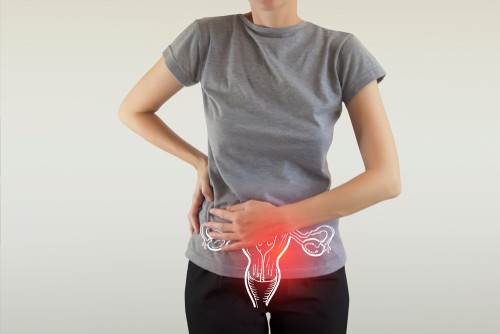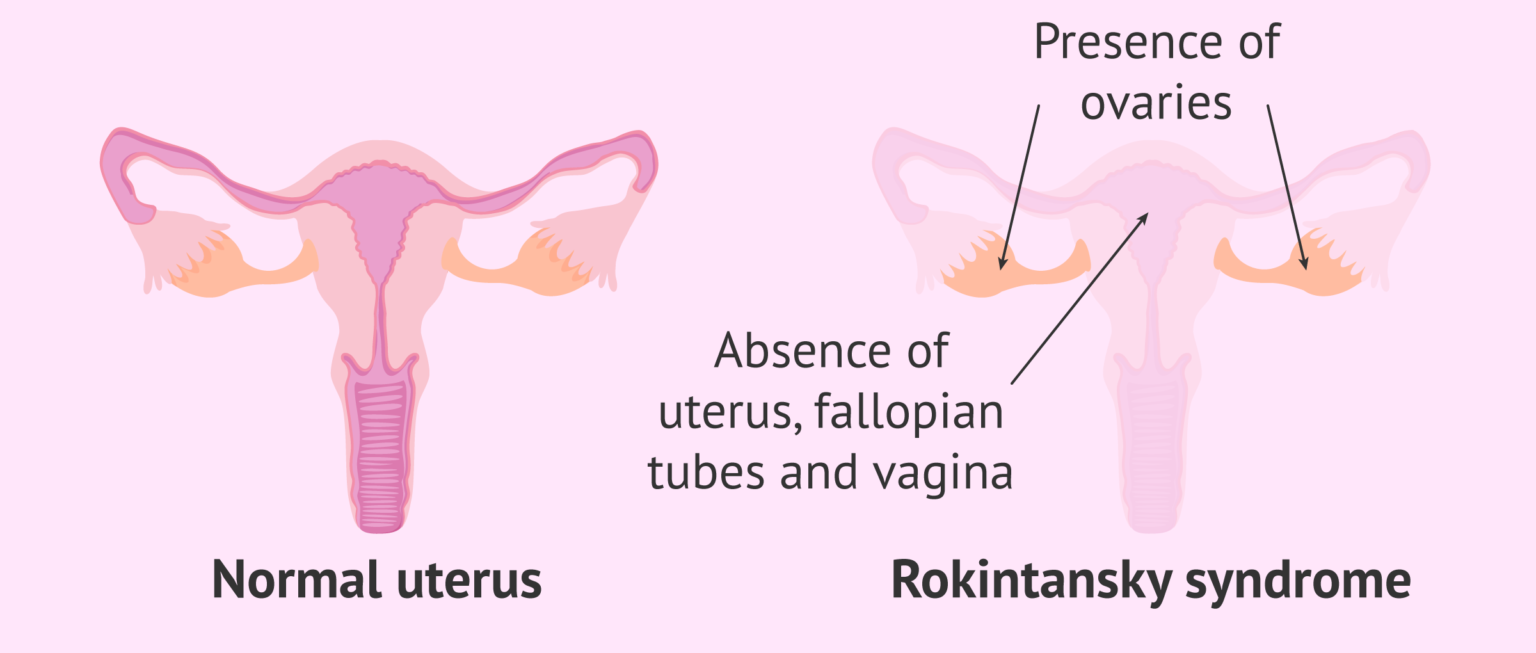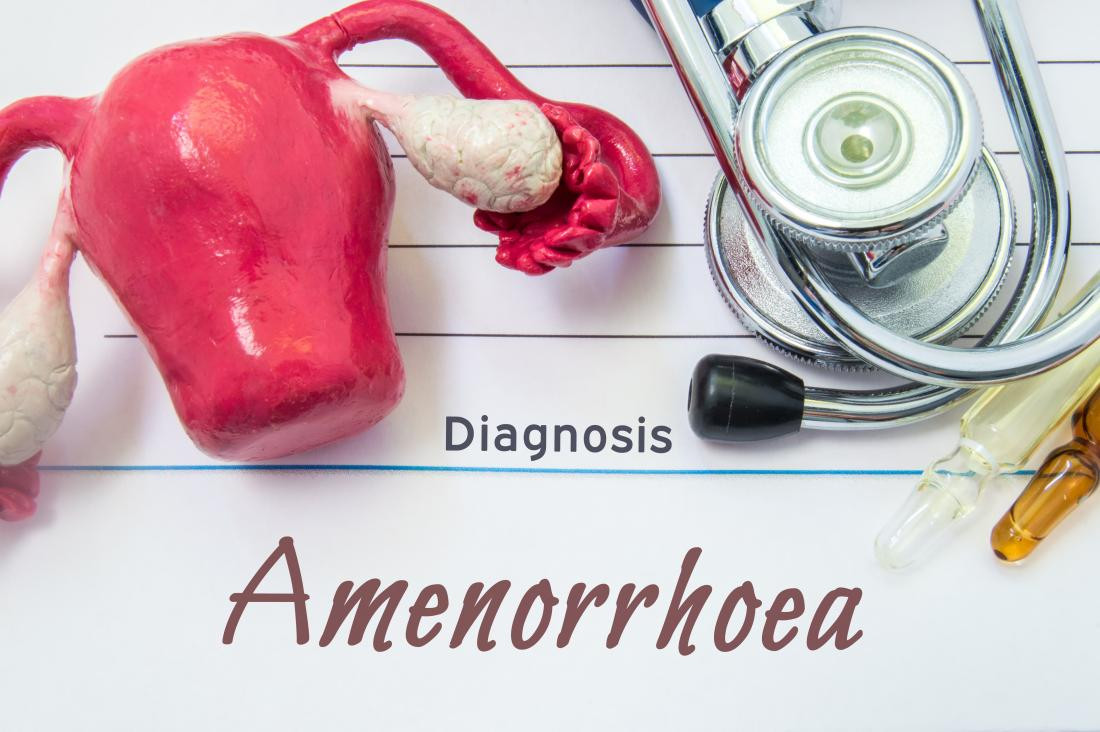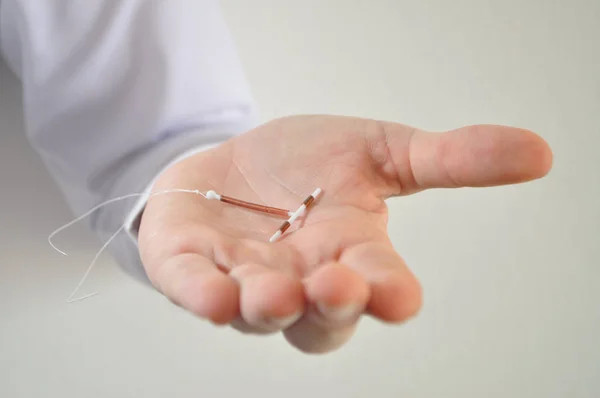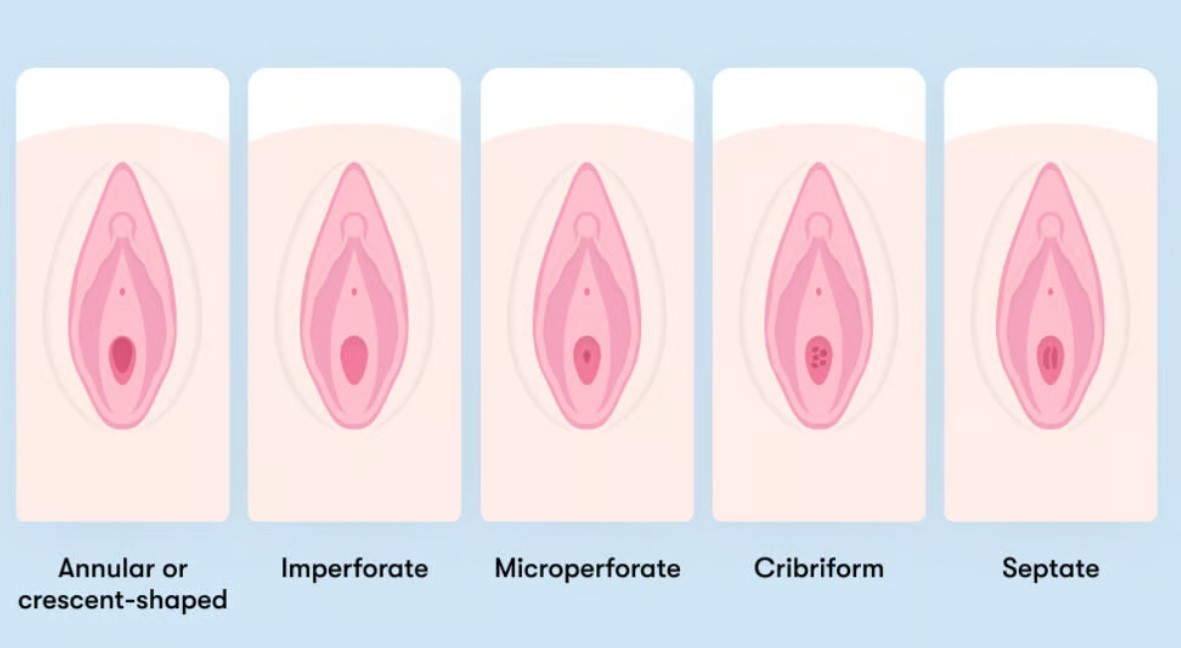Definisi
Polimenorea adalah kondisi siklus menstruasi yang terlalu pendek, yaitu kurang dari 21 hari. Pada umumnya, siklus menstruasi berlangsung antara 24 dan 38 hari, atau rata-rata 28 hari, dengan lama terjadinya haid selama 2-8 hari.
Polimenorea merupakan salah satu bentuk dari perdarahan uterus abnormal. Pada beberapa perempuan, siklus menstruasi yang pendek adalah hal yang wajar, tetapi pada yang lain hal ini dapat disebabkan oleh kondisi medis tertentu.
Kondisi polimenorea dapat memengaruhi kesuburan yang diakibatkan oleh dua hal. Pertama, proses pembuatan sel telur atau ovulasi berlangsung terlalu cepat dibandingkan seharusnya dan dapat terbentuk sel telur yang tidak normal (irregular). Kedua, hal tersebut dapat disebabkan waktu antara ovulasi dan menstruasi terlalu pendek untuk terjadinya proses pembuahan dan perkembangan terjadi.
Penyebab
Seringkali penyebab polimenorea tidak diketahui secara pasti. Salah satu penyebab polimenorea adalah ketidakseimbangan hormon yang menyebabkan proses pembentukan sel telur lebih cepat dari seharusnya. Hal tersebut membuat pemendekan waktu siklus menstruasi, sehingga menstruasi lebih sering.
Beberapa penyebab lain dari polimenora antara lain.
- Stres
- Infeksi dan penyakit menular seksual
- Endometriosis
- Menopause
Faktor Risiko
Beberapa faktor yang dapat meningkatkan risiko polimenora antara lain:
- Usia
- Pada perempuan yang memasuki usia menopause, yaitu pada akhir usia 40 dan awal usia 50 tahun terjadi perubahan hormon secara besar yang dapat mengarahkan ke depresi, perubahan mood, serta perubahan siklus menstruasi.
- Ketidakseimbangan hormon
- Dapat disebabkan oleh penyakit seperti Polycycstic Ovary Syndrome (PCOS), penyakit tiroid, dan tidak terjadi ovulasi atau pembuahan sel telur.
- Konsumsi pil KB atau obat hormon.
- Berat badan berlebih atau obesitas.
- Struktur rahim yang abnormal
- Struktur abnormal dari uterus atau rahim seperti adanya polip, fibroid, dan adenomiosis.
- Kanker
- Kondisi kanker seperti kanker vagina, kanker rahim, kanker serviks, atau hiperplasia endometrium dapat berisiko memberikan perdarahan uterus abnormal.
- Infeksi seperti trikomoniasis, klamidia, gonore, dan vaginitis.
- Kondisi kesehatan lainnya, misalnya gagal ginjal, gagal hati, penyakit radang panggul, leukemia, serta gangguan darah lain
Gejala
Gejala umum polimenorea adalah periode menstruasi yang sering dan siklus menstruasi yang pendek. Beberapa gejala yang menunjukkan polimenora antara lain:
- Siklus haid pendek yaitu kurang dari 21 hari.
- Frekuensi menstruasi meningkat, mulai dari lebih dari 1-2 kali dalam sebulan.
- Durasi menstruasi panjang.
- Jumlah volume darah meningkat diikuti perdarahan yang hebat.
- Pada kondisi polimenorea yang parah, pasien dapat mengalami kondisi anemia. Hal ini disebabkan oleh perdarahan hebat serta dalam waktu yang sering dalam satu waktu.
Diagnosis
Diagnosis polimenorea didasarkan pemeriksaan dokter. Dokter akan mengajukan beberapa pertanyaan seperti gejala yang Anda rasakan, berapa lama siklus menstruasi Anda, dan berapa lama terjadinya.
Selain itu, dokter akan menyarankan Anda melakukan beberapa pemeriksaan serta rujukan pada dokter kandungan atau spesialis lain terkait dengan kondisi gejala Anda.
Beberapa pemeriksaan tambahan yang dilakukan seperti :
- Pemeriksaan darah lengkap, meliputi pemeriksaan hormon seperti progesteron, LH, FSH, dan prolaktin
- Pemeriksaan ultrasonik
- Histeroskopi
- Biopsi endometrial
- CT scan
Tata Laksana
Pengobatan dari polimenorea bergantung dari penyebabnya. Pada umumnya, polimenorea bersifat sementara dan dapat disembuhkan. Selain penyebab, pengobatan yang diberikan akan mempertimbangkan usia, risiko kesehatan dan opsi kontrasepsi.
Pengobatan dengan menggunakan terapi hormonal seperti hormon esterogen dan kombinasi (estrogen dan progesteron) menjadi salah satu opsi pengobatan serta tablet penambah darah untuk membantu mengatasi kondisi anemia.
Baca lebih lanjut mengenai terapi estrogen pada artikel Ai Care berikut Obat Estrogen.
Komplikasi
Pada perempuan dengan polimenorea akan mengalami anemia yang disebabkan oleh perdarahan yang hebat dan sering. Kondisi ini terjadi ketika darah kekurangan sel darah merah yang sehat.
Gejala anemia meliputi kelelahan, kesulitan untuk menghafal dan berkonsentrasi, lemas atau letih, pusing, serta kulit pucat. Pada beberapa perempuan akan mengalami kembung dan cairan yang menumpuk pada waktu periode menstruasi mereka.
Pencegahan
Anda dapat mengurangi risiko terjadinya polimenorea dengan beberapa cara berikut:
- Menjaga berat badan ideal, untuk menjaga keseimbangan hormon reproduksi
- Manajemen stres
- Olahraga teratur
- Konsumsi makanan gizi seimbang
- Pencatatan siklus dan lama menstruasi
Selain itu, bila Anda berencana untuk hamil, konsultasikan dengan dokter Anda terkait penanganan dan pengobatan untuk mengatasi polimenorea.
Kapan Harus ke Dokter?
Hubungi dokter bila Anda memiliki siklus menstruasi yang tidak teratur untuk memastikan kembali apakah hal ini wajar atau ada penyebab lain yang membutuhkan pengobatan.
Segera ke dokter bila Anda mengalami kondisi anemia yang disebabkan oleh polimenorea agar dokter akan memberikan pengobatan untuk anda. Informasikan pada dokter bila Anda berencana untuk hamil, sehingga dokter akan mempertimbangkan jenis pengobatan yang akan diberikan.
Mau tahu informasi seputar penyakit lainnya? Cek di sini, ya!
- dr Ayu Munawaroh, MKK
Polymenorrhea. (2018). Retrieved 25 October 2022, from https://www.healthline.com/health/polymenorrhea
Polymenorrhea :Definition, causes, and treatment. (2020). Retrieved 25 October 2022, from https://www.medicalnewstoday.com/articles/polymenorrhea
Polymenorrhea and Abnormal Uterine Bleeding. (2022). Retrieved 25 October 2022, from https://www.verywellhealth.com/what-is-polymenorrhea-2721871
Vaginal Bleeding. (2022). Retrieved 25 October 2022, from https://my.clevelandclinic.org/health/symptoms/17899-vaginal-bleeding


